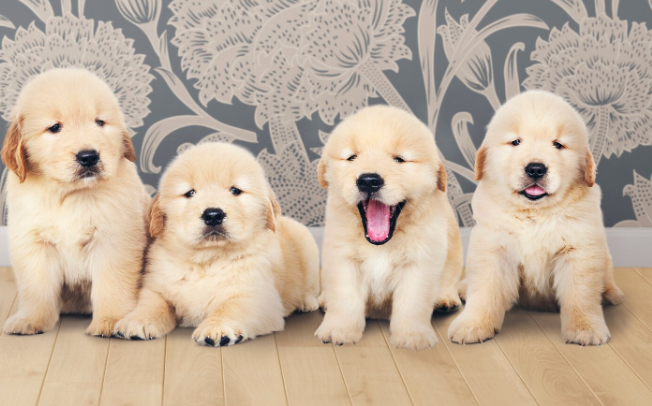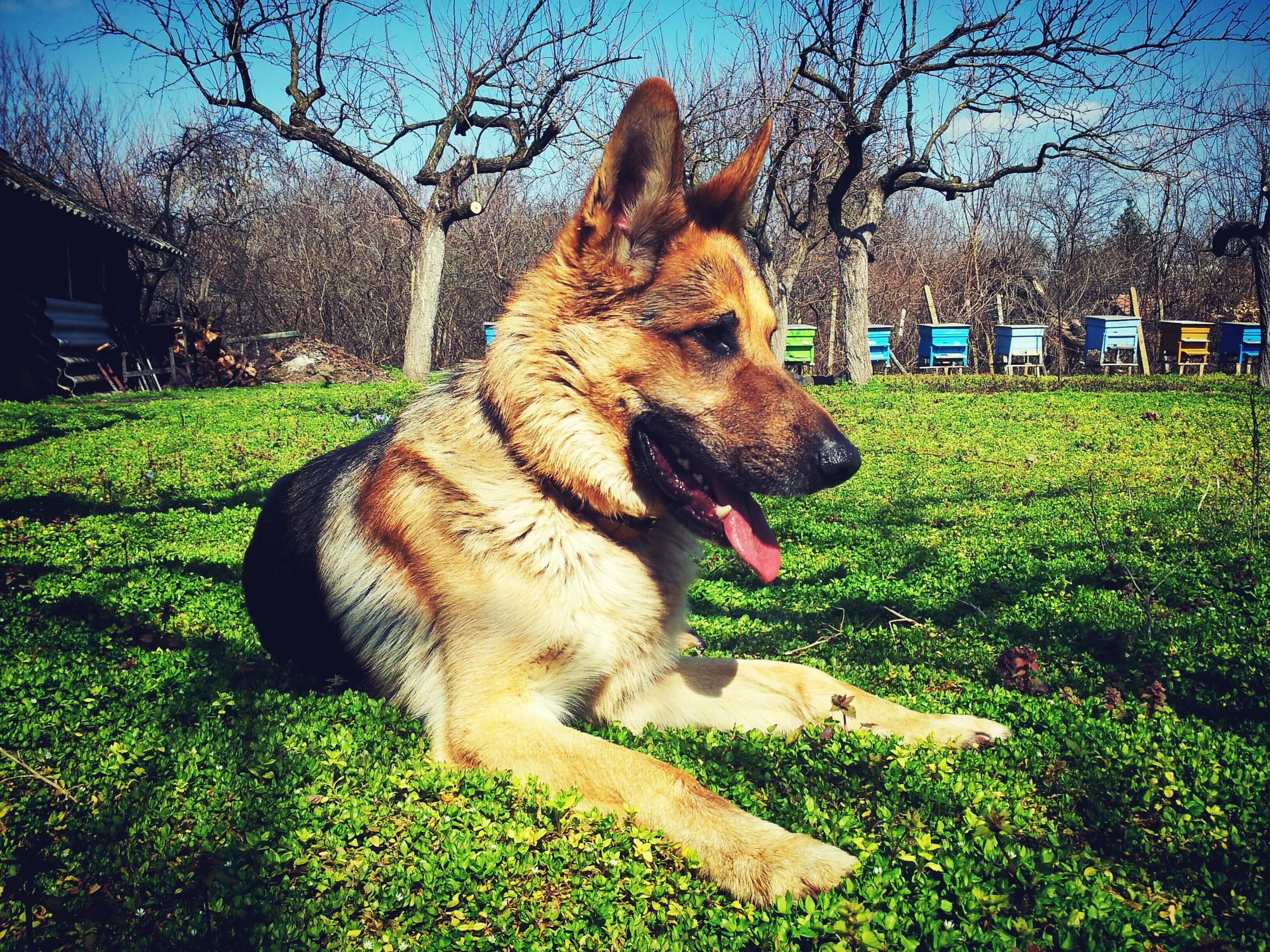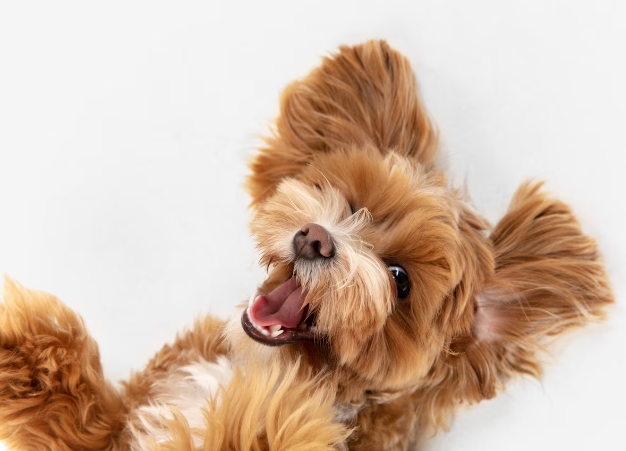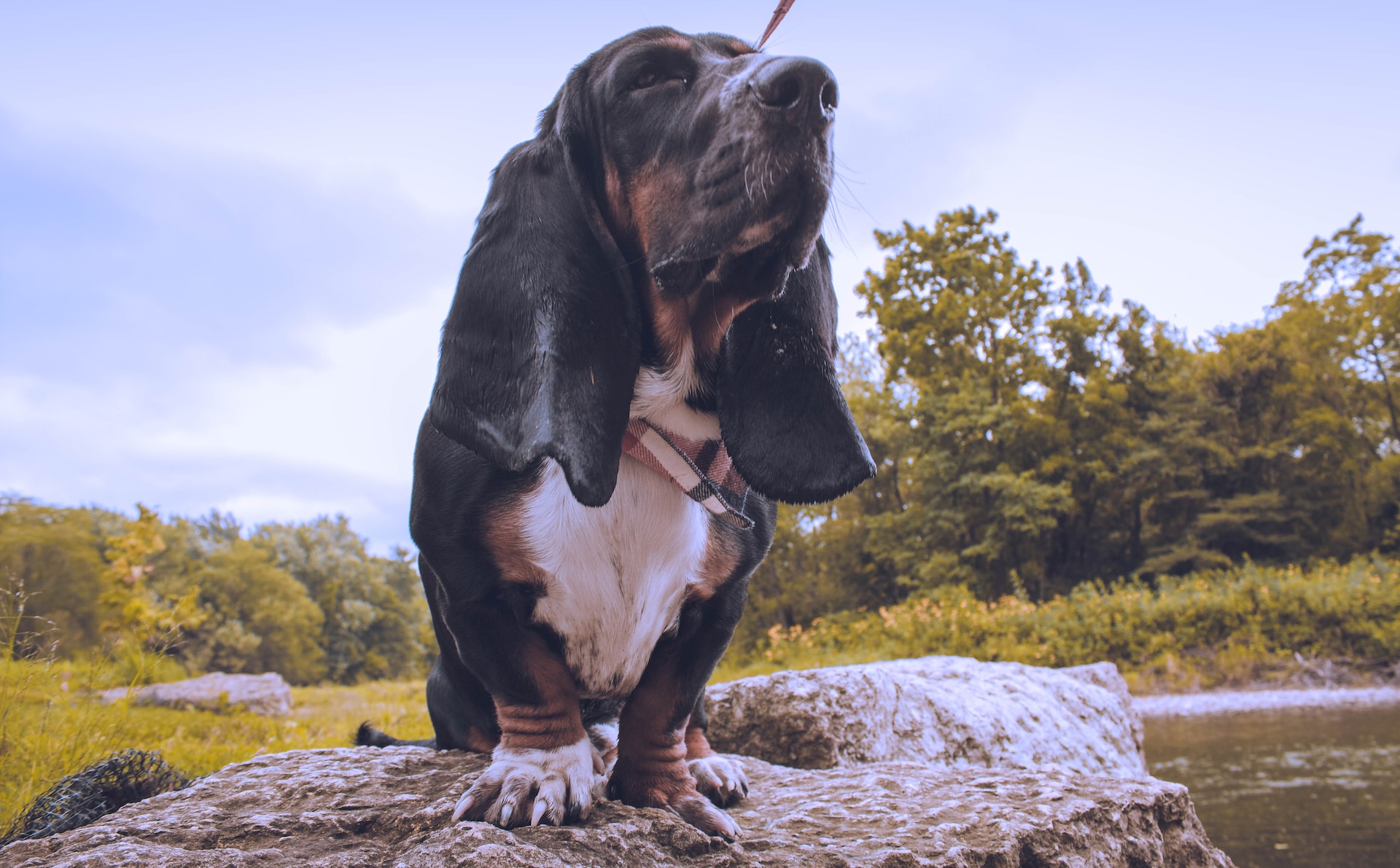
If your childhood was during the Golden Age of American Animation you may already be familiar with the character Droopy. He is a cartoon character created by Tex Avery for the show “Dumb-Hounded”. Droopy is a white Basset Hound with a droopy face; hence his name. The cartoon persona is true to the traits shown by real-world Basset Hounds. Droopy won audiences with his wits, kind heart, and easy-going lifestyle. Another notable Basset Hound that you may have seen on the big screen is Duke from "The Secret Life of Pets" which is a movie from 2016 that was positively received by families.
If you are thinking about making a Basset Hound your service dog, there are important traits (physical and mental) as well as health considerations that you need to be mindful of. Please, read below so you know what to expect.
History
The Basset Hound canines were created in France and Belgium (“basset” is French for “low”) by clergymen who belong to the Roman Catholic Church. The breed is said to have been originally bred in the Abbey of St. Hubert. The friars at the abbey needed a scenting hound to hunt rabbits and deer in the local woods. Their accuracy and persistence on scent made them a popular choice for French aristocrats who enjoyed hunting trips. The breed became more popular and widespread after it was recognized by the American Kennel Club in 1885.
Basset Hound Physical Characteristics and Lifespan
The Basset Hound is a low and muscular dog who stands no higher than 14 inches (35 cm) at the shoulder. The specimens feature powerful but short legs and exhibit big-dog strength and stamina. There are 17 color variations recognized by the AKC and only 9 of them are considered “standard”. Most specimens feature Black Brown & White, Black Tan & White, and Brown Black & White coloration.
The Basset Hound can reach an impressive 40-65 pounds (18-29,5 kg) for their size. Their lifespan is rather long compared to many other breeds and they can live from twelve to thirteen years provided with good medical care and a balanced diet. Please, note that these dogs are prone to obesity, ear problems, hip dysplasia, elbow dysplasia, glaucoma, and hypothyroidism. Veterinarians recommend paying close attention to their teeth and brushing them at least twice per week.
The Basset Hound needs to be brushed at least once a week with a soft brush. Their short coat can shed profusely if you are neglecting their grooming sessions. Your Basset Hound will also need nail trimming and a bath at least once a month to keep the coat shiny.
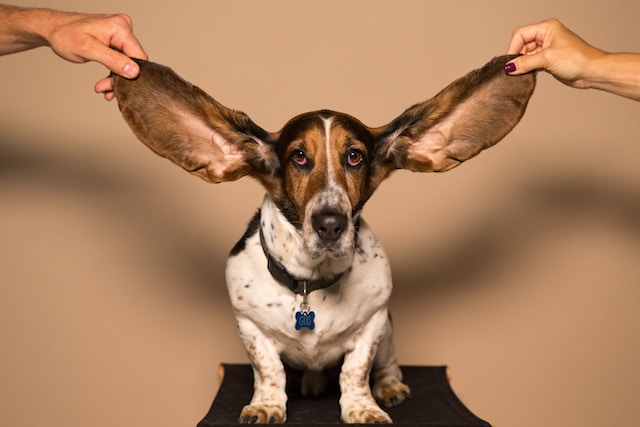
Temperament and Trainability
The Basset Hounds are reported to have a mild and agreeable temperament at home but they can be stubborn and bark a lot when they are following a scent. Their bark is described as loud and ringing. As you may know from animated characters like Droopy and Duke, these dogs are not very demonstrative in their affection but they are fiercely loyal.
Please, keep in mind that scent hounds like the Basset were purposely bred to be independent and focused so they can follow a scent reliably. Training Basset Hound puppies can be difficult but they usually pair well with other dogs and pets at home. Using treats and early socialization in puppyhood is crucial for shaping your Basset into a confident and even-tempered canine.
The Basset Hounds are known to have relatively low energy levels but they still require daily walks at a moderate pace for at least an hour. This helps in keeping them fit and avoiding being overweight. If you are looking for Basset Hounds for sale we recommend starting from the AKC Marketplace. Of course, you can always look for Basset Hound rescues available for adoption from organizations like BROOD, Basset Hound Rescue of Southern California, and Guardian Angel Basset Rescue.
Basset Hound Service Dog Training
The Basset Hounds may be a good fit as Psychiatric Service Dogs (also called Mind Service Dogs) for some people. While these canines are not very energetic they can work as emotional support and use tactile stimulation to disrupt emotional overload, PTSD episodes, and anxiety attacks. The specimen are favored for their patient, loving, and steadfast character. Many dog trainers believe the specimens can work best as therapy dogs.
We offer an entirely online Therapy Dog Training Course which may be a good fit for your dog.
You should note that the Basset canines are slow to respond to commands, they shed a lot which makes them unstable to people with dog allergies, and they can be aloof if they catch an interesting scent.
If you are thinking of training a Basset Hound as an alert-type service dog that uses its great sense of smell you should reconsider. The canines are easily distracted and it is very hard to teach them to focus unless they are incentivized with lots of treats.
Your best bet when looking for a service dog is to prioritize an energetic disposition, eagerness to please, and quick wit. The “what is in it for me?” mindset of the Basset Hounds makes them ill-suited to most service dog tasks.
People who are captivated by the Basset Hound's appearance and independent character may want their dogs to be a bit more energetic. If you are one of those people, you may be interested to know that there are Basset Hound Pitbull Mix and Beagle and Basset Hound Mix canines available. The latter one is also known under the moniker Bagle Hound.
These hybrids are known for being playful and comparatively more energetic. We have to note the mixes retain the stubbornness of their Basset Hound parent. You will need to use lots of positive reinforcement, and treats and be very consistent with the training to prevent bad character traits from being developed.
Conclusion
The Basset Hounds are excellent scent hounds and they are known to work primarily as hunting dogs, emotional support dogs, and therapy dogs. While Basset Hounds can make wonderful companions and excel in certain areas, their physical characteristics and energy levels might not be ideal for service work.
Service dogs are often required to perform tasks such as guiding individuals with visual impairments, retrieving objects, providing balance support, or alerting to specific medical conditions. Breeds that are commonly chosen for service work include Labrador Retrievers, Golden Retrievers, German Shepherds, and Poodles due to their trainability, temperament, and physical abilities.
That said, it's worth noting that individual dogs can vary in their capabilities, and there may be exceptions where a Basset Hound or a mixed-breed dog with Basset Hound traits could be trained to perform specific tasks as a service dog. However, this would be an exception rather than the norm. If you require a service dog, it's recommended to consult with professionals who specialize in service dog training and selection.




